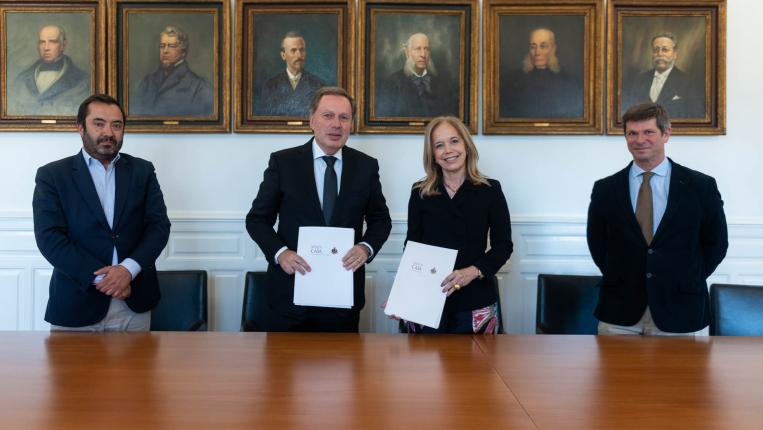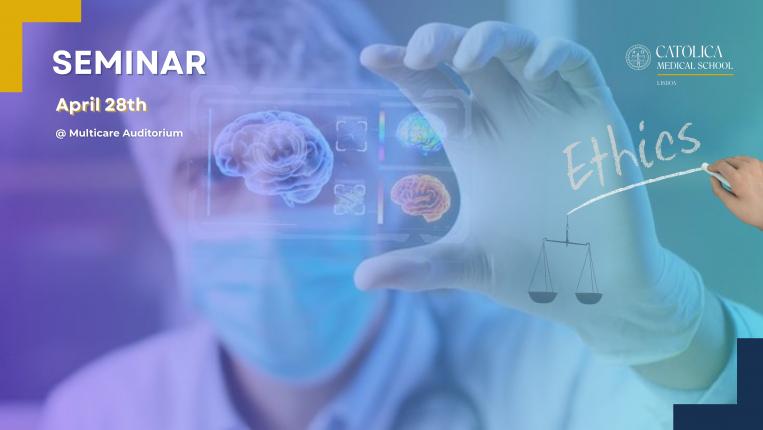Católica Medical School invites you to participate in the seminar on “Connections in the AHR: a ticket to multiple destinations in infection, immunity and therapy”, which will take place on January 25th 2024 - 12:30 pm @Católica Medical School Multicare auditorium.
Keynote speaker: Pedro Moura Alves, PhD
hosted by Paulo Bettencourt
Pedro Moura Alves studied Biochemistry at Universidade da Beira Interior (Covilhã, Portugal), graduating in 2004. During his last year as a Biochemistry student, he undertook a research project at the University of Utrecht (The Netherlands). Soon after, he joined the Graduated Program in Areas of Basic and Applied Biology (GABBA) at the University of Porto (Portugal). In 2005, moved to Boston (USA) to start his PhD research project, joining the group of Prof. Dr. Bruce Walker (Partners AIDS Research Center/Massachusetts General Hospital/ Harvard Medical School). In 2007, returned to Portugal, joining the group of Dr. Luís Ferreira Moita (Instituto de Medicina Molecular- João Lobo Antunes,
Lisboa, Portugal). After finishing his PhD in 2010, Pedro joined the group of Prof. Dr. Dr. Stefan Kaufmann at the Max Planck Institute for Infection Biology (Berlin, Germany), as a postdoctoral fellow. In March 2019, Pedro started his independent research group at the Ludwig Institute for Cancer Research/University of Oxford (Oxford, UK). As of February 2022, Dr. Moura Alves is an independent group leader and ERA Chair Holder (ImmunoHub) at the i3S (Instituto de Investigação e Inovação em Saude/ Universidade do Porto (Oporto, Portugal).
Pedro Moura Alves laboratory focuses in studying the role of the AHR as a host sensor of bacterial communication and infection dynamics, together with its importance in shaping immune responses which are appropriate to the infection stage, and the related impact on bacterial adaptation strategies during the course of infection. By uncovering the mechanisms that allow hosts and bacteria to spy on each other, his work may open up new possibilities for the development of novel therapies to control infection and infection associated diseases. Currently, due to the increase in antimicrobial resistance, there is a need to find new drugs or alternative therapies to control infection, including host-directed therapy (HDT). Considering its vast drug targeting possibilities and its role in infection control, his laboratory is evaluating whether the host AHR represents a suitable HDT target.



